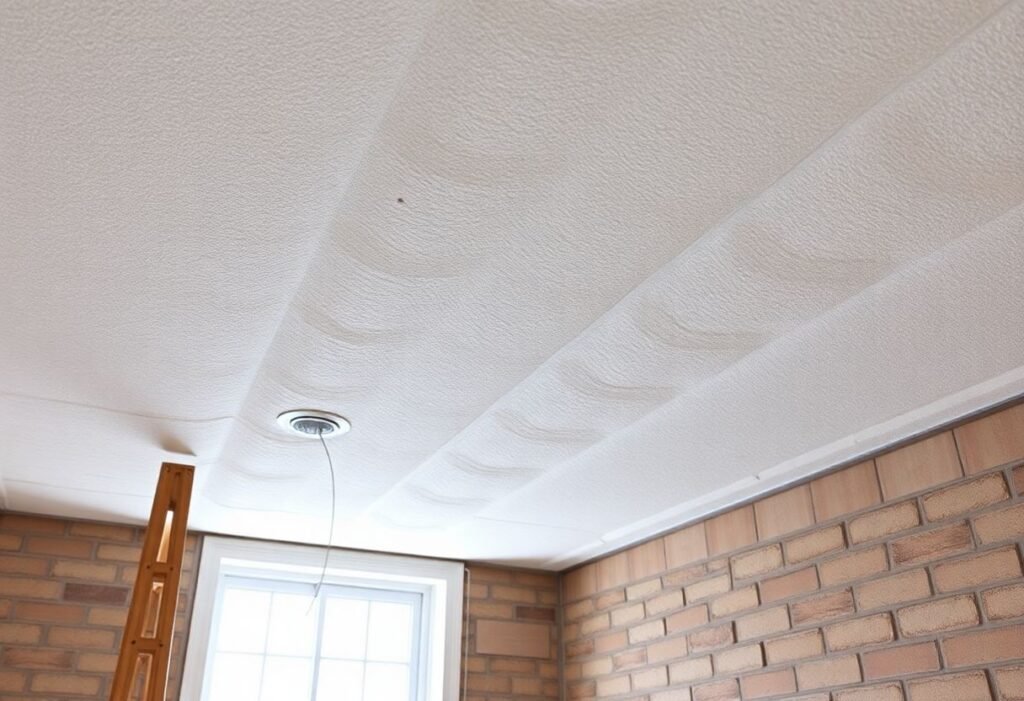Benefits of Insulating Your Basement Ceiling
The advantages of insulating your basement ceiling are numerous. Firstly, it helps prevent heat loss, which can significantly lower your heating bills. Moreover, a well-insulated ceiling improves sound insulation, meaning that noise from the basement won’t disturb your living areas. This can make your home feel more tranquil and serene, ultimately enhancing your daily comfort.
Choosing the Right Insulation Materials
When considering insulating your basement ceiling, selecting the appropriate materials is crucial. Common options include fiberglass, spray foam, and rigid foam panels. Each of these materials comes with its unique benefits and drawbacks, so it’s vital to consider which caters best to your specific situation and needs. Your choice of insulation can either enhance or hinder this process.
Insulating Your Basement Ceiling: Step-by-Step Guide
You can either insulate your basement ceiling yourself or hire a professional. The process involves several essential steps:
1. Evaluate and prepare the area.
2. Select and purchase insulation materials.
3. Install the insulation.
4. Finish the ceiling.
Following these steps will make the task of insulating your basement ceiling manageable, whether you’re a DIY enthusiast or a first-timer.
Moisture Control Is Essential
While insulating your basement ceiling, it’s crucial to monitor moisture levels. Excess moisture can lead to mold and dampness, which pose health risks to your family. If your basement is prone to dampness, consider installing a ventilation system. Ensuring your insulation process does not compromise indoor air quality is paramount for a healthy living environment.
How Insulation Affects Heating Systems
As you think about insulating your basement ceiling, consider the heating systems in your home. A well-insulated area can lead to more effective energy use from heating systems, ultimately lowering your utility bills. This investment not only adds comfort but also can pay off in the long run with substantial savings.
Financial Implications of Basement Ceiling Insulation
The cost of insulating your basement ceiling might seem hefty initially, but it’s essential to consider the long-term savings on heating bills and the potential increase in your property value. Investing in insulation is not just about comfort; it’s a strategic move to boost the overall value of your home.
Additional Considerations for Homeowners
While focusing on insulating your basement ceiling, consider other aspects such as wall and floor insulation. These additional steps can collectively enhance your home’s comfort and energy efficiency. Remember that insulation is part of a comprehensive approach to improving the overall quality of your living space.
Conclusion: Make the Right Decision Today!
The decision of whether or not to insulate your basement ceiling hinges on various factors such as the condition of your basement, moisture levels, and financial considerations. However, know that a well-insulated ceiling translates into energy efficiency, ultimate comfort, and health benefits for your family. Don’t hesitate—take action today and invest in your home’s future!
Disclaimer
This article serves as a general guide and does not replace professional advice. Always consult with a specialist before making significant renovations to your basement.

















